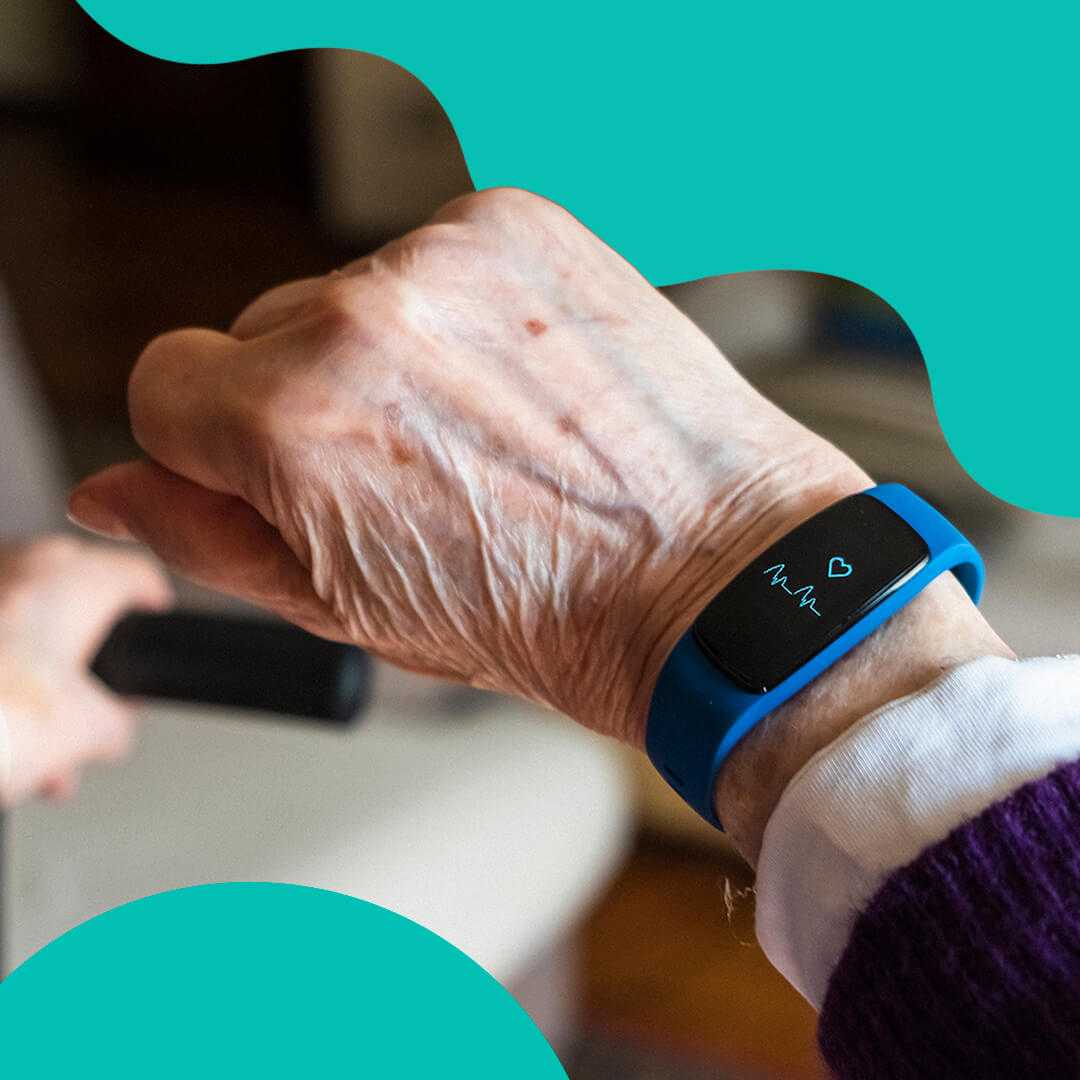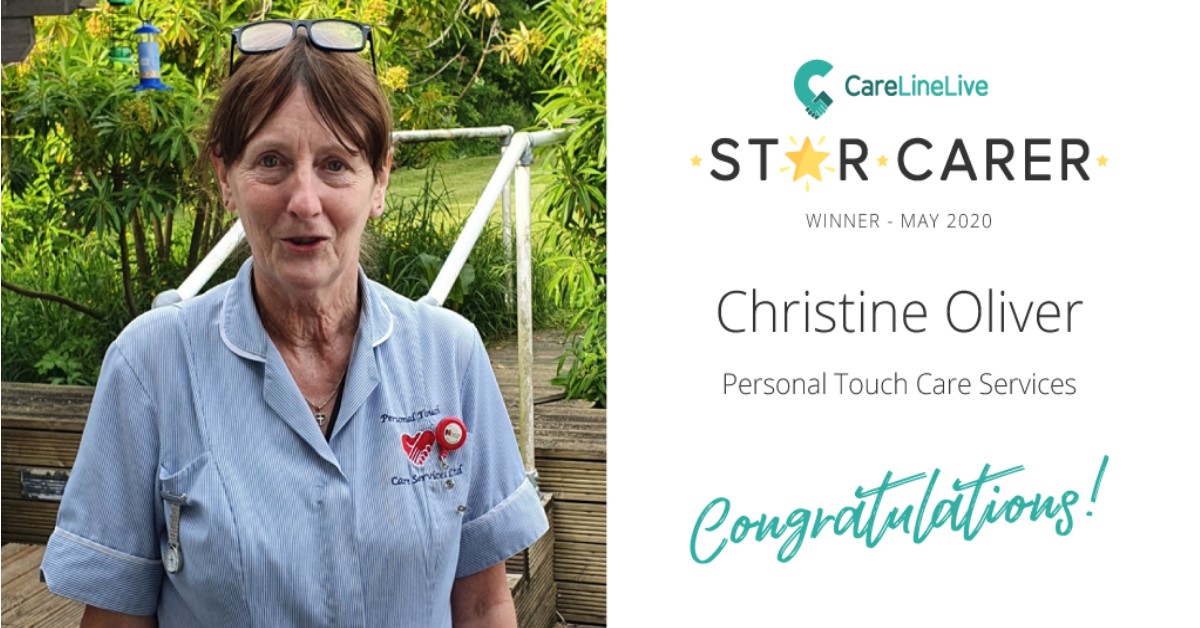As our population continues to age, the NHS struggled to effectively deliver care both when and where it was needed in 2023. Alongside this, the economy has proven to create additional challenges right across the board.
When facing these issues, the demand for cost-effective care delivery at home is likely to only increase – and providers will struggle to keep up with demand.
2024 is already looking to be an interesting year with many developments arising. This has led to questions about how it will impact overall health care for those who need it.
Focused attention on security and data privacy
The healthcare and home care sector is starting to adopt technology much faster than previous years, which is a positive step forward. It is likely that this will further increase over time as clear benefits – including tackling struggling workloads and low resources – are seen.
The government’s target for 80% of Social Care providers to have Digital Social Care Records by March 2024 means that the NHS is making clear attempts to improve security and data privacy. This has been demonstrated with the additional 2024 standard requirements demanded of Digital Social Care Record assured suppliers. Many providers will be going paperless, and this brings along concerns for the safety of private records within the sector.
It is evident that technology companies, especially in the health sector, are going to have to spend a significant amount of additional development resources on the security of their systems. For example, OKTA (a Single Sign-On provider) has acknowledged a recent hacking incident that impacted the security of its customers. With more organisations putting trust in digital platforms, it seems only natural that they will set an expectation on their suppliers to focus more effort on security aspects and reassuring customers that their data records will be safe.
The evolution of home care and technology
Understandably, it will be easier to decipher what this will look like once the new UK government is decided upon. However, the adult social care sector will likely continue to see a drive towards in-home care rather than care homes. As more clients become familiar with the use of technology for their daily care, adoption will naturally increase.
It is also likely that there will be an embrace of more smart home technology and people will be more accepting of safety monitoring platforms. The use of pendant alarms normalised technology usage for health. Tech like smart-watch fall detectors will also become increasingly common, especially as the prices of consumer technology reduces.
Despite the popularity surrounding artificial intelligence, there is a possibility it may not be the answer everybody thinks it is. In home care, it will certainly become even more of a buzzword than it is now, but there is not 100% confidence that it will have the game-changing impact that many expect by the end of 2024.
Ultimately, it is important to keep the personal touch within healthcare while adopting technology. People will quickly realise that as good as AI is, it does remove some of the real ‘person-centred care’ that the CQC wants to see. Bringing AI into home care is going to be a fine balancing act between what helps, and what starts to reduce the personal service these agencies must offer.
Advice for future start-ups and scale-ups
Cash maximisation is going to be key moving forward – inflation and political uncertainty mean that stretching cash and building as strong a pipeline as you can is going to be critical. While investors and markets are seeming to loosen up, it’s also remaining challenging for businesses to raise capital and in particular raising money at valuations that continue to support the founder. Large valuations on cash-burning businesses are becoming ever more rare.
For the scaleup tech sector, the challenges are going to continue to come from the financial and political environment. A likely change in government is creating a sense of trepidation within SMEs and scaleup businesses which has led to worries that support for these businesses may be reduced or held off for some time. Ultimately, we’ve got to continue to evidence that emerging businesses are the ones enabling jobs for those who may not get them in the corporate world. The scaleup sector is flexible enough to keep the wheels of the economy turning.
The bottom line
In 2024, CareLineLive is excited to continue supporting the home care community, contributing to the industry’s growth and the wellbeing of those in need. Our technology is helping empower agencies to adapt to the evolving landscape of healthcare delivery, ensuring efficient operations and enhanced client care.
To learn more about offerings read more here.




